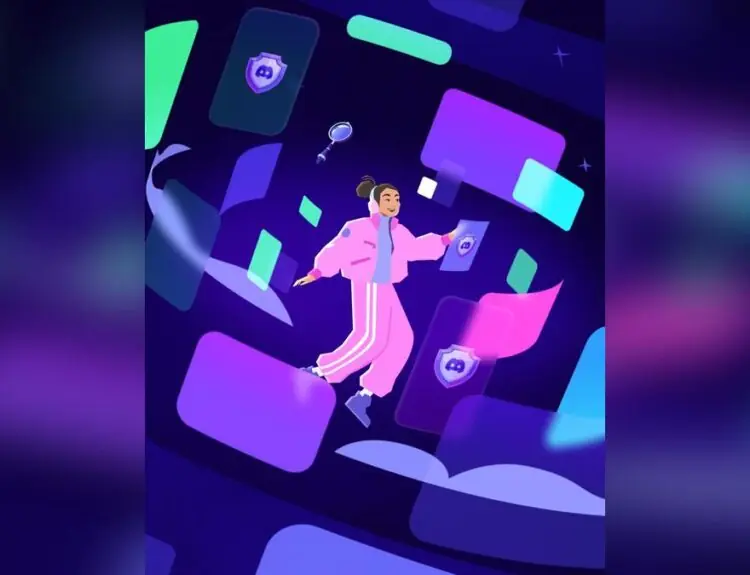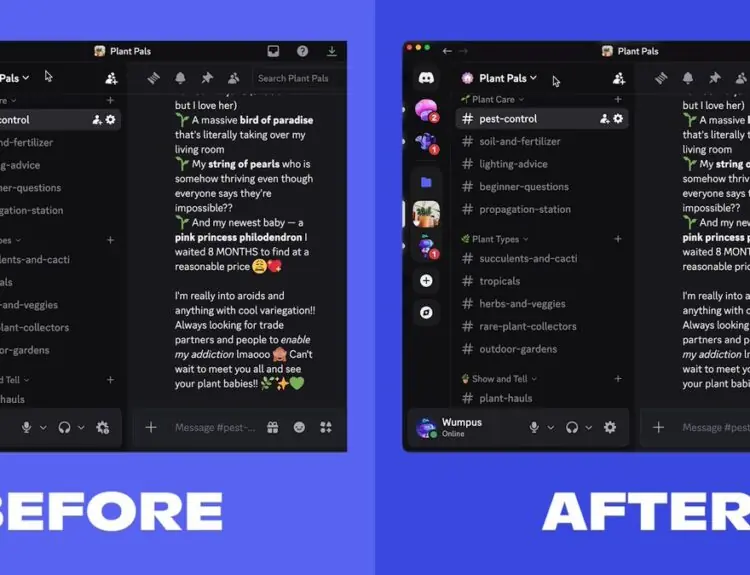If you’ve been in the gaming community for long – or the scientific community, for that matter – you may have heard of the infamous Corrupted Blood incident.
Back in 2005, Blizzard released the Zul’Gurub raid in World of Warcraft, which featured a boss that could afflict raid members with a damage-over-time effect called Corrupted Blood. This mechanic would deal a decent bit of damage to players, but the real kicker was that it spread around members in close proximity to each other. This forced players to spread out to deal with it, which would eventually cause the debuff to fade away since there wouldn’t be anything to spread to.
However, the gaming community is always looking for new ways to troll each other. Players began getting their pets purposely afflicted with it before dismissing them and summoning them again in highly-populated places like capital cities. When summoned, the pet would still have the Corrupted Blood debuff and it would spread rapidly in the dense population, swiftly killing low-level players and spreading indefinitely.
Though it was patched out of existence pretty quickly, the Corrupted Blood incident became famous both in and out of game. For more than a decade, virologists and epidemiologists have used the event as a social study of how diseases and viruses spread to better understand the subject, as well as to prevent bioterrorist attacks. It might sound silly to think of World of Warcraft becoming an academic subject, but that’s the truth.
Corrupted Blood Incident Is Helping Researchers With The Fight on Coronavirushttps://t.co/REM9MKlZ4B pic.twitter.com/8Xf3XqftoQ
— Wowhead💙 (@Wowhead) March 14, 2020
Now, in the midst of the COVID-19 pandemic, virologists are once again looking through the event to see the way that it could spread, as well as the way that people purposefully spread it. Back in 2007, Eric Lofgren wrote an academic paper on the incident and compared it to the real world, helping to highlight and understand how epidemics begin and what can help to handle them.
Lofgren, now Dr. Lofgren, is back to discuss the same subject. In an interview with PC Gamer, Dr. Lofgren discussed how his work with COVID-19 has been influenced by the Corrupted Blood incident, drawing specific interest in the way players would grief others by spreading it.
“You start to see people like ‘oh this isn’t a big deal, I’m not going to change my behavior. I’m going to the concert and then going to see my elderly grandma anyway’ Maybe don’t do that,” Lofgren cautioned. “That’s a big takeaway. Epidemics are a social problem… Minimizing the seriousness of something is sort of real-world griefing.”
It’s interesting to see the comparison between internet trolls and people that knowingly or uncaringly spread illness, and it’s certainly an accurate comparison. More than anything, it’s great to see video games help with keeping the world safe in any possible way. Whether you’re avoiding the Coronavirus or Corrupted Blood, do your best to stay socially distant and practice proper hygiene.







